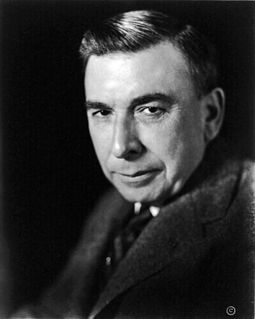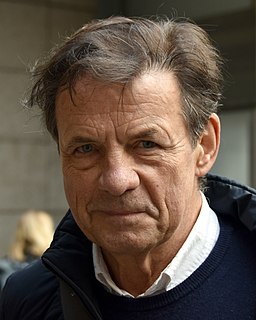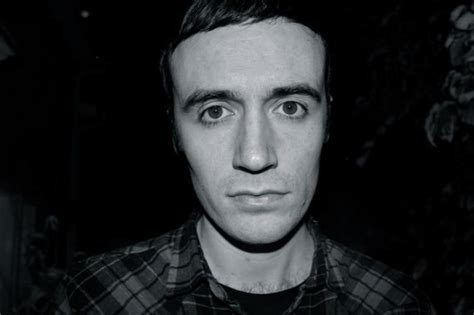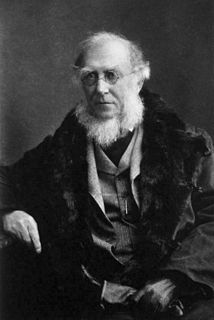A Quote by Chris Claremont
People would much rather argue their own visions and conceptions about a book than engage in a dialogue with the author, because the author could always trump you with, 'I wrote it.'
Related Quotes
No one really knows the value of book tours. Whether or not they're good ideas, or if they improve book sales. I happen to think the author is the last person you'd want to talk to about a book. They hate it by that point; they've already moved on to a new lover. Besides, the author never knows what the book is about anyway.
Whether the author intended a symbolic resonance to exist in her book is irrelevant. All that matters is whether it's there. Because the book does not exist for the benefit of the author, the book exists for the benefit of YOU. If we as readers can have a bigger and richer experience with the world as a result of reading a symbol and that symbol wasn't intended by the author, WE STILL WIN.
My theory on literature is an author who does not indulge in trashiness-writes about people you could introduce into your own home...he did not care to read a book or go to a play about people he would not care to meet at his own dinner table. I believe we should live by certain standards and ideals.
Editors can be stupid at times. They just ignore that author's intention. I always try to read unabridged editions, so much is lost with cut versions of classic literature, even movies don't make sense when they are edited too much. I love the longueurs of a book even if they seem pointless because you can get a peek into the author's mind, a glimpse of their creative soul. I mean, how would people like it if editors came along and said to an artist, 'Whoops, you left just a tad too much space around that lily pad there, lets crop that a bit, shall we?'. Monet would be ripping his hair out.
Regarding fiction, our concern shouldn't be the author's origin (and of course I am forgetting the sales people right here), because that is actually merely a simplified, almost insulting judgment of the book by its cover - or rather by the name and origin of its author - an act of discrimination if we want to say it in a more provoking way, but at the least an act of ignorance and false empathy.
It is the shared experience - [although] you're the conduit of the sound, the recipient is also in some way the author of the work, because if they weren't the author of the work they wouldn't be able to recognise it as an experience, you could argue. The more distance you can put between yourself and having any kind of objective the more likely it is to appear.







































